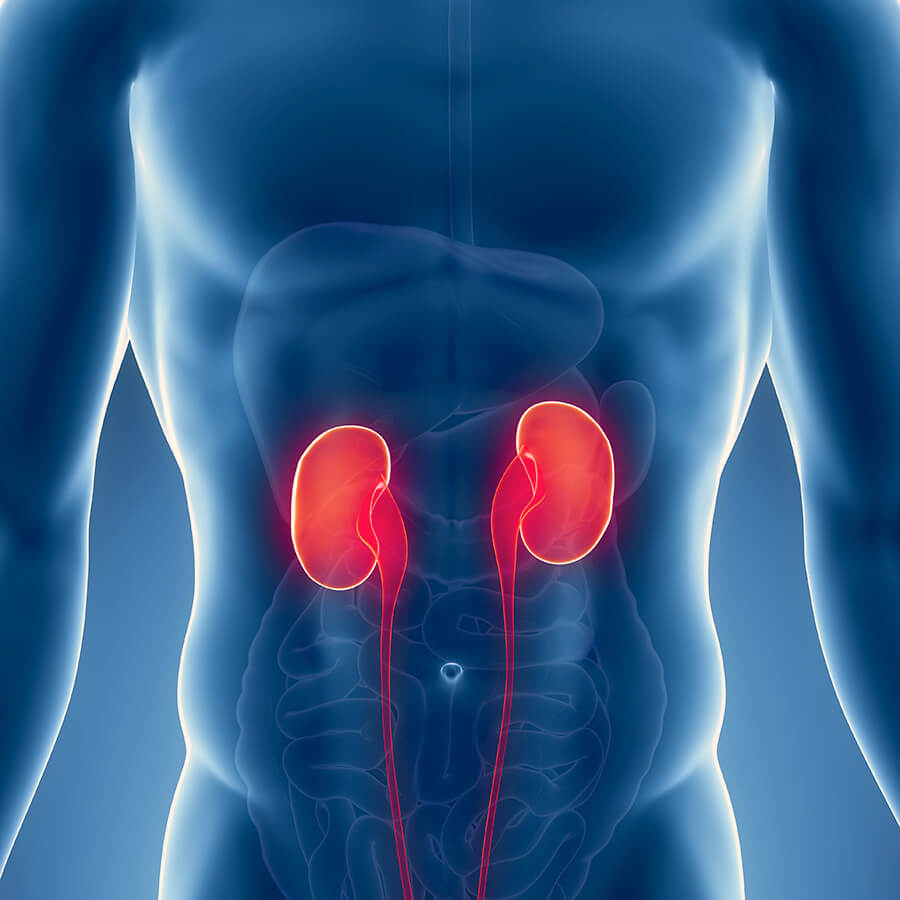Professor Stefan Martin recommends undergoing check-ups three times a year and monitoring risk factors.

Almost every second person with type 2 diabetes develops chronic kidney disease. Besides high blood pressure, this form of diabetes is the biggest risk factor for kidney damage. The kidneys play a crucial role in regulating fluid and mineral balance, eliminating toxins through urine, controlling blood pressure and acid-base balance, and producing hormones such as erythropoietin (essential for blood formation). Excessively high blood sugar levels can impair the kidneys’ filtering function. Chronic kidney disease (CKD) is one of the most common complications of type 2 diabetes.
Once the kidneys are chronically damaged, patients face severe consequences: they have a tenfold increased risk of death, a tenfold higher likelihood of needing dialysis, and a reduced life expectancy by 16 years. According to Professor Dr. med. Stephan Martin, chief physician and director of the West German Center for Diabetes and Health (WDGZ), kidney damage is not only a risk factor for kidney failure but also increases the risk of heart attacks and strokes.
To prevent this, it is essential to strictly follow the schedule for preventive check-ups with a general practitioner. Kidney function screening should be performed three times a year. Once a year, blood creatinine levels should be measured, and the glomerular filtration rate (GFR) should be calculated. Additionally, urine tests should be conducted to determine albumin excretion. This comprehensive examination helps detect and treat kidney damage as early as possible.
Most importantly, a healthy lifestyle plays a decisive role in maintaining kidney health. This includes avoiding nicotine, maintaining a balanced diet, engaging in regular physical activity, losing weight if overweight, consistently taking prescribed medications, and attending regular check-ups with a general practitioner.
If kidney damage is already present, regular blood tests and cholesterol level monitoring are necessary. Additionally, cardiovascular risk factors should be strictly managed. If recommended by your general practitioner, consulting a nephrologist (kidney specialist) may be beneficial.
Source: Catholic Clinical Complex
